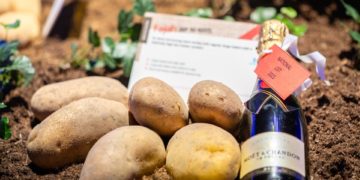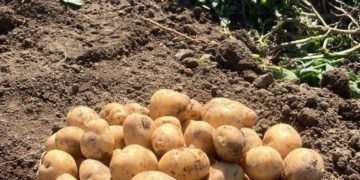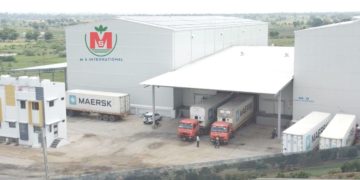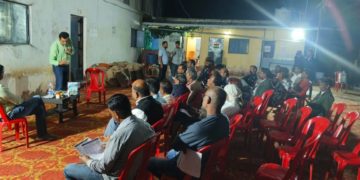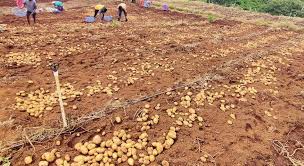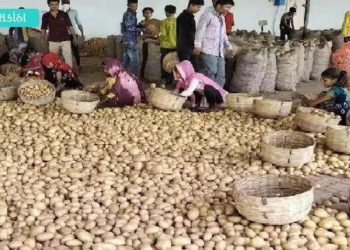The agricultural landscape of Koraput district in Odisha is witnessing a significant shift as farmers in non-hilly areas eagerly anticipate potato cultivation during the upcoming rabi season. This development marks a notable expansion of potato farming beyond its traditional strongholds in the region.
Horticulture Department’s Potato Mission
At the forefront of this agricultural transformation is the Horticulture Department’s Potato Mission. The initiative aims to encourage more farmers to engage in potato cultivation, providing support and incentives to boost production across the district.
Expanding Beyond Traditional Areas
Historically, potato cultivation in Koraput has been concentrated in the hilly areas of Koraput, Lamataput, Pottangi, Dasmantpur, Semiliguda, and Laxmipur blocks, where the weather conditions are particularly suitable. However, this season marks a significant change as farmers from non-hilly areas of Jeypore, Kotpad, Borigumma, Boipariguda, and Kundra blocks are also showing keen interest in cultivating potatoes starting November.
Significant Increase in Cultivation Area
Official sources reveal a dramatic increase in the planned cultivation area for potatoes in non-hilly regions. Approximately 460 hectares of land in these areas are slated for potato cultivation this season, a substantial rise from the mere 35 hectares cultivated during the last kharif season. This expansion represents a more than tenfold increase in the cultivation area, signalling a major shift in agricultural practices.
Government Support and Seed Distribution
The Horticulture Department is playing a crucial role in facilitating this expansion. They will be distributing potato seeds to farmers, procured from the Seeds Corporation of Odisha at a cost of Rs 20 per kg. In a move to further encourage cultivation, the department has announced a partial refund scheme. Select farmers will receive a refund of Rs 10 per kg after cultivation, effectively halving their seed costs.
Farmer Response and Department Initiatives
The response from farmers has been overwhelmingly positive. To date, farmers have requested seeds for cultivating potatoes on approximately 300 hectares of land in the district. This enthusiasm is matched by the department’s commitment to support the farmers. Sanjeev Mohanta, the assistant horticulture officer of Jeypore, emphasized their efforts in creating awareness about the Potato Mission among farmers and assured full support as per the established norms.
Implications for Local Agriculture
This expansion of potato cultivation into non-traditional areas of Koraput district has several implications:
- Diversification of crops in non-hilly areas, potentially leading to improved economic outcomes for farmers
- Increased potato production in the district, which could impact local markets and food security
- Potential for knowledge transfer as farmers in new areas learn best practices for potato cultivation
- Possible challenges in adapting cultivation techniques to different soil and climate conditions in non-hilly areas
Conclusion
The expansion of potato cultivation in Koraput district, particularly into non-hilly areas, represents a significant development in the region’s agricultural sector. Driven by the Horticulture Department’s Potato Mission and enthusiastically embraced by local farmers, this initiative has the potential to transform the agricultural landscape of Koraput. As the rabi season approaches, all eyes will be on these new potato-growing areas, watching to see how this crop performs and what it means for the future of agriculture in the district.



